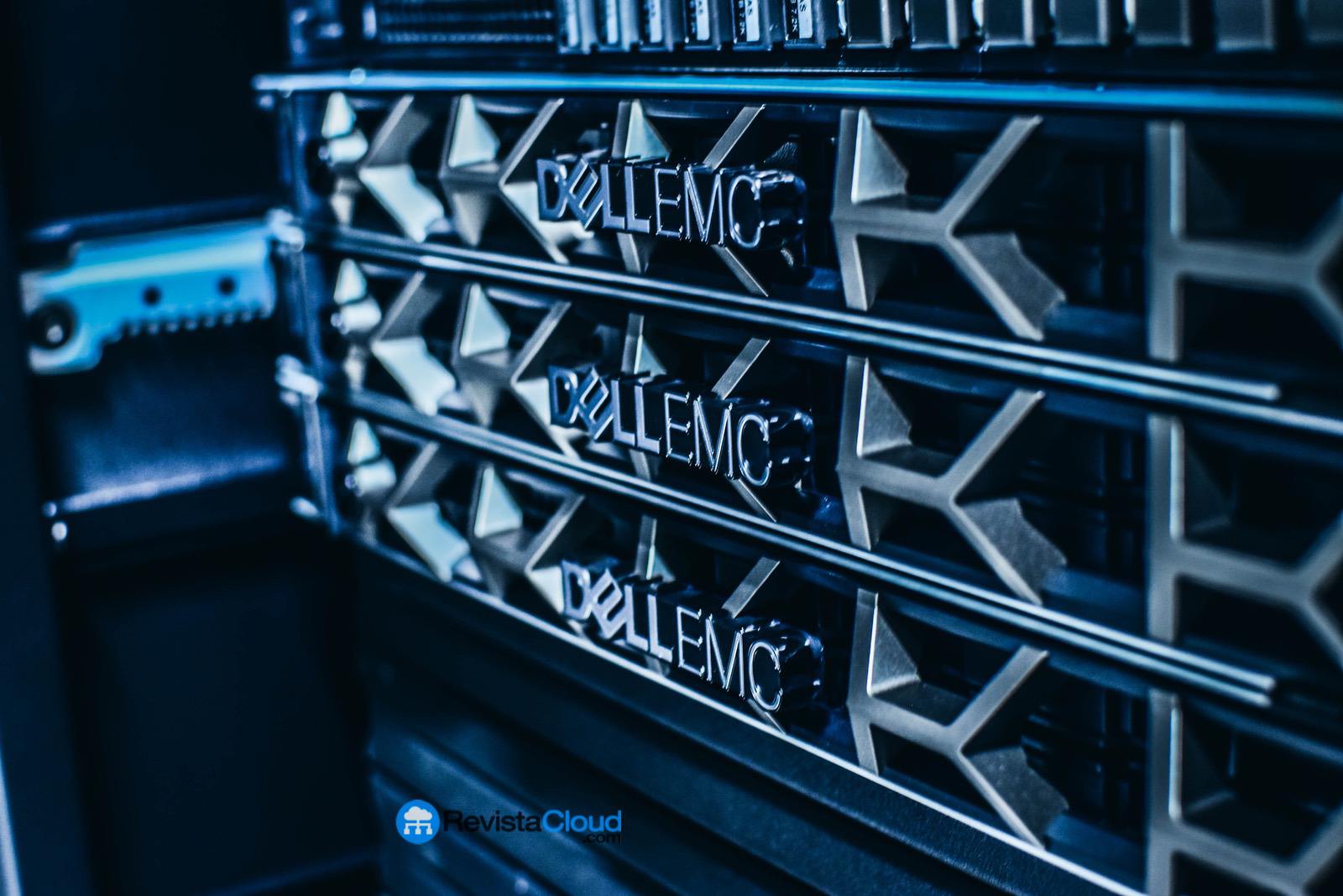Dell Technologies has unveiled the latest version of its high-end storage system, Dell PowerMax, optimized for critical workloads. This release brings improvements in efficiency through artificial intelligence, enhances cyber resilience, and enables mobility in multicloud environments, all in an effort to meet the changing demands of today’s digital environment.
The PowerMax update incorporates advanced AI to optimize performance through predictive analytics and pattern recognition, reducing latency and improving processing speed. Additionally, the system features autonomous management capabilities to anticipate and address issues before they impact performance.
In cybersecurity, PowerMax now includes new protection features to help mitigate risks and quickly recover from potential attacks, thanks to services such as the Cyber Recovery Service, which provides customized protection for critical data. Multi-factor authentication with YubiKey has also been implemented for secure access.
The new version of PowerMax also excels in connectivity and scalable performance. The update offers support for 100Gb Ethernet and 64Gb Fiber Channel networks, achieving connections up to three times faster. Additionally, integration with the Dell APEX platform enhances multicloud agility, allowing users to easily move workloads between different cloud providers such as AWS, Azure, Google Cloud, and Alibaba. It is also possible to move workloads to private cloud providers like Stackscale (Grupo Aire), OVHcloud, Acens, Arsys, etc.
To meet the growing demand for digital infrastructure, Dell PowerMax now offers flexible consumption options through subscriptions, facilitating scalability and reducing initial investment. This version of PowerMax promises faster recovery capabilities in mainframe systems and autonomously detects access patterns, ideal for organizations seeking robust and adaptable storage in the age of artificial intelligence.
The PowerMax update reaffirms Dell’s position in the high-end storage market, offering a solution that combines efficiency, security, and multicloud flexibility, adapting to the critical needs of modern businesses.

